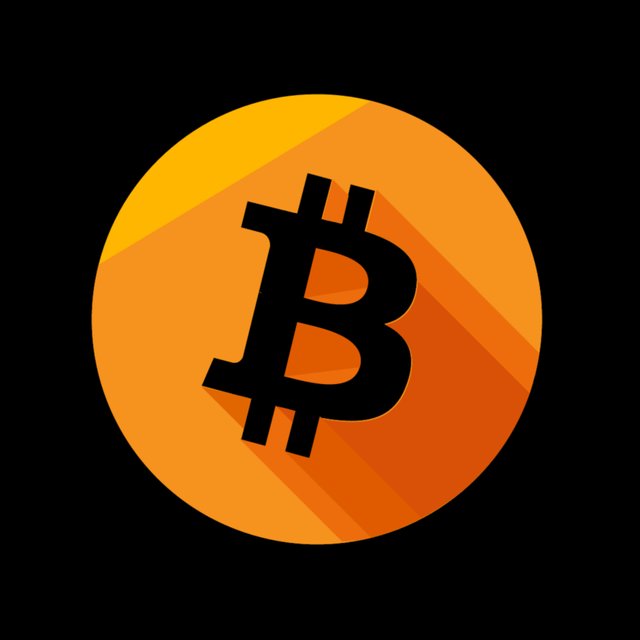Bitcoin is a decentralized digital currency, without a central bank or single administrator, that can be sent electronically from user to user on the peer-to-peer bitcoin network without the need for intermediaries. Transactions are verified by network nodes through cryptography and recorded in a public distributed ledger called a blockchain. Bitcoin is unique in that there are a finite number of them: 21 million. Miners are the key to everything that happens in the Bitcoin ecosystem, and it is their job to confirm transactions, add them to the blockchain, and release new bitcoins.
Bitcoin was created in 2009 by an individual or group of individuals using the pseudonym Satoshi Nakamoto. The identity of the creator(s) remains unknown. The idea behind Bitcoin was to create a decentralized form of currency that could be transferred electronically without the need for a central authority.
Bitcoin transactions are verified by a network of nodes using cryptography, and each transaction is added to a public ledger called the blockchain. The blockchain is a decentralized database that contains the history of all Bitcoin transactions. Because the blockchain is a distributed ledger, it is extremely difficult to alter or corrupt.
In order to acquire bitcoins, one can mine for them, buy them on a cryptocurrency exchange, or receive them as payment for goods or services. Bitcoin can be used to purchase a wide range of goods and services online, and it is also increasingly being accepted by brick-and-mortar businesses.
Bitcoin is often associated with the concept of digital gold, as it is scarce and decentralized. It is also used as a store of value and as a hedge against inflation. However, the price of Bitcoin can be highly volatile and it is not backed by any physical assets or government.
Bitcoin is one of the most well-known and widely used cryptocurrencies, but it is not the only one. There are many other cryptocurrencies that have been created in recent years, such as Ethereum, Litecoin, and Ripple.
